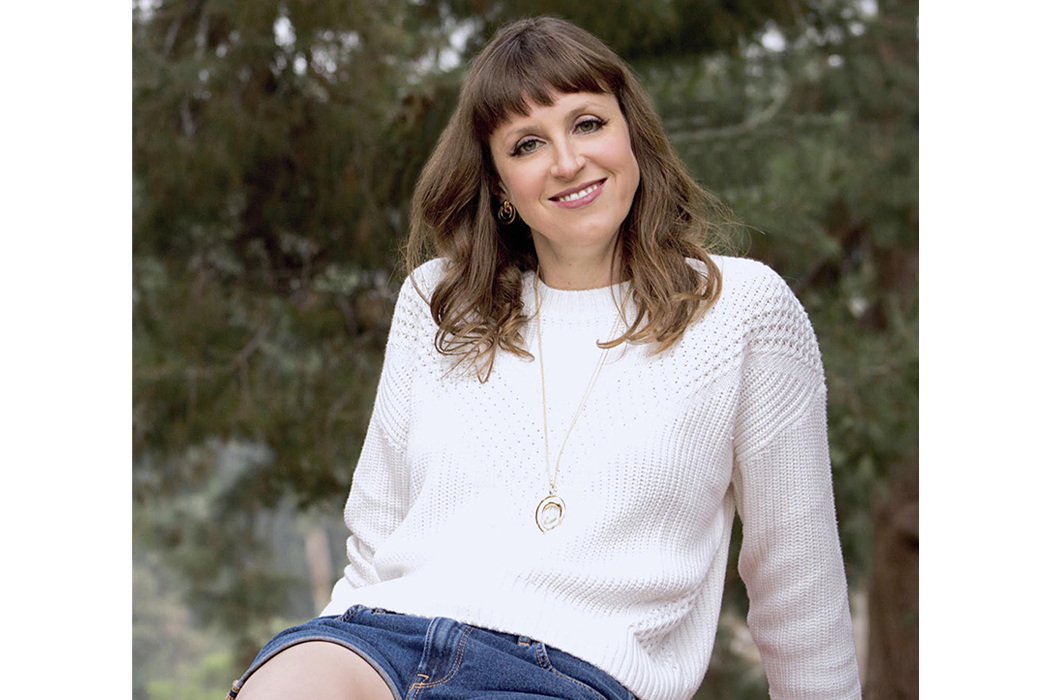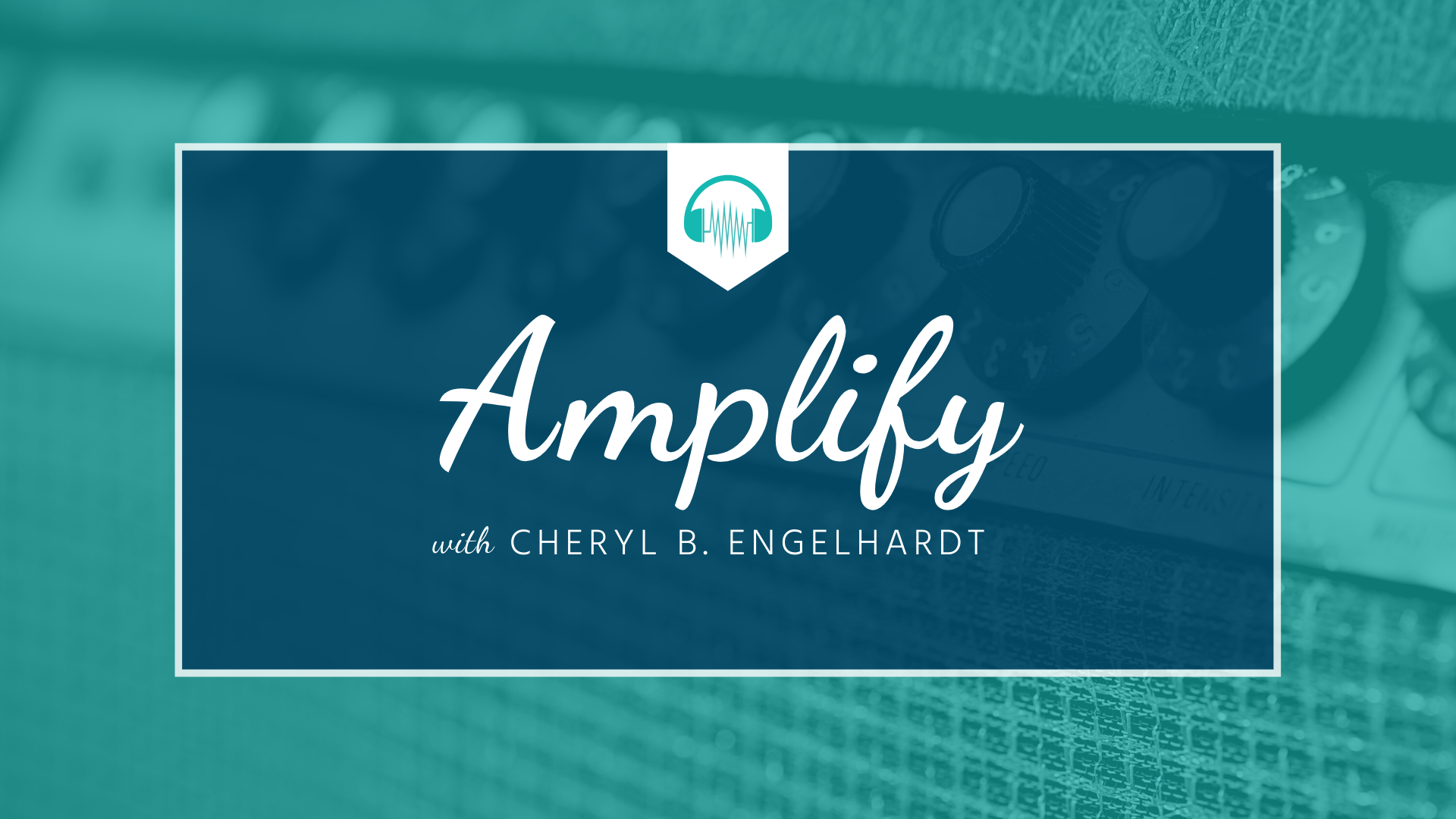Communicating With Your Fans During A Crisis
With so much going on, and the US facing multiple crises at once, it can be an awkward time for artists. Is it appropriate to plug new releases? How do you communicate with fans and promote important issues? Here, we offer some advice.
Guest post by Ian Temple of Soundfly’s Flypaper
So far, 2020 isn’t holding anything back.
Many of us expected a bit of an intense energy this year with the upcoming US election, but I don’t think anyone saw this coming. The coronavirus pandemic, quarantining and social distancing, a massive jump in unemployment, a flare up of police brutality and murders of unarmed black civilians in the US, followed by the biggest and most sustained protests in a generation.
What did I miss? There’s an intense feeling that things might never quite be the same — in a variety of ways — and with that, there’s a lot of uncertainty.
For artists, it can feel like a dicey time to navigate. Do you release new works? Is it okay to promote your own work right now, while so many are hurting? How do you speak to the current issues? Do your fans even want to hear from you right now?
To help get an expert’s take on some of these questions of communication, I reached out to our friend Cheryl Englehardt. Cheryl is an extremely accomplished composer and musician, with multiple albums, 20+ tours, and dozens of film scores and commercial licenses under her belt. But she’s also one of those critical business voices that indie musicians need to know about.
When the coronavirus pandemic hit, hers was one of the first voices in my inbox to authentically speak to the moment and help artists navigate the new environment.
Cheryl runs In the Key of Success, an incredible community and collection of resources, courses, and coaching opportunities around marketing, pitching, branding, and in particular, managing your email list. She’s a big advocate for making the most of your email list, as an artist, so I reached out to ask her a few questions about how to communicate with your fans during a crisis.
If you’re interested in learning more, in particular about how to make the most of your email list, check out her free seven page workbook on mastering your email list, or join the waitlist for her new coaching community Amplify. Otherwise, read on!

Let’s start with the big picture: What is the biggest mistake you see artists making when communicating with their fans during a crisis?
The biggest mistake I see is that artists aren’t communicating with their fans. They are waiting for something to feel less intrusive, or perhaps they feel like promoting their new music is inappropriate. I agree, that this can be the case, without acknowledgement. Acknowledgment is key. Saying that things are really hard right now, that you are not sure how to share since you’re focused on listening to voices that have previously been oppressed, that you’re excited about sharing your new music but that you want to make sure you share what you stand for in light of all that is happening. That you were afraid. That you were doubtful.
Say what is really going on for you and that’s the best start.
We’ve been faced with two very different crises in the past two months, the pandemic and now the murder of George Floyd and its fallout. How have you thought about those crises differently in terms of how you communicate with your fans during them?
Initially, with the pandemic, I made sure to check in with my fans. I shared that I would love to know how they are doing, as well as shared some personal stuff for me (for example, in the same week, my dog died and our neighbor, an ER doctor, also died). It wasn’t about getting sympathy, but just showing what it looked like to share the real stuff.
The revolution that is happening around the country with #BlackLivesMatter was a second shift — sending a message to both my fans as well as my musician community. I made a statement about my commitment to finding balance between listening and speaking out, learning and unlearning. I provided a list of resources to get started with the latter (feel free to share with your fans: inthekey.co/blm) and I also stated where I was donating.
But it all started with the same sentiment: “I’m not sure I’m doing this right.” Normally, I’m oozing with the confidence of a seasoned musician and email marketer! And while I’ve been working with social justice groups for years, it’s a different climate when the whole world is watching and listening in a new way.
What do you think your fans are looking for from you right now?
Honestly, I wasn’t sure until last week and then I realized: they were looking for a positive story they could latch on to.
One of my emails was a slightly more light-hearted, simple question — I acknowledged that things were heavy, but I also had a somewhat frivolous decision to make: Should I spend the money to put a full-page ad in Billboard Magazine for the Grammy Preview issue? (My fans know that a grammy nomination has been my thing since 2003.) I had no link, no call to action, just a brief question sharing what I was trying to decide.
Well, I woke up to dozens of fans saying “YES! And how can I help pay for it!?”… My fans challenged each other to raise the money — one said she’d match $2500 raised. I didn’t create a crowdfunding campaign or anything, I just made a simple one-page where people could contribute via PayPal or Venmo. And 48 hours later we raised $5000. I couldn’t believe the excitement and positivity coming through my email.
Have you adjusted your approach to email since the pandemic hit?
I start each email with some sort of acknowledgement of what is going on as well as my lack of solutions and answers, and an update on anything I’m doing to help. I’ve reduced promotions temporarily, making sure that I’m still delivering good content but also making sure I’m an example of listening to music of the Black members of my musician community.
I was struck right away by how urgent and serious, and yet supportive your voice was right out of the gate during the pandemic. How have your fans and followers responded to those early communications?
I think because I was real with them, but I also didn’t lament about how hard it was for me — meaning, I just shared the facts of what was going on for me, not the piles of emotions around the facts — it allowed people to say “okay, this is terrible, got it, now what?” and I could have the answer.
What’s the most important thing artists keep in mind when emailing their fans during a crisis?
Be real. Be you. Share authentically without burdening your subscribers. Stick to the facts, admit to what you don’t know, and give hope.
That also means stand for something and take action, and then be okay sharing what you did. Did you donate to NAACP? Share a link with your fans — not as a bragging “I did this” but to show your commitment and what it looks like to be brave.
To learn more about Cheryl’s work and take advantage of her in-depth materials or sign up for her “Rock Your Email List” online course, head on over to In the Key of Success and sign up to learn more.

This pandemic has created crises in every sector. Things are not going to normal until there is a vaccine. Just staying home and waiting for any good news